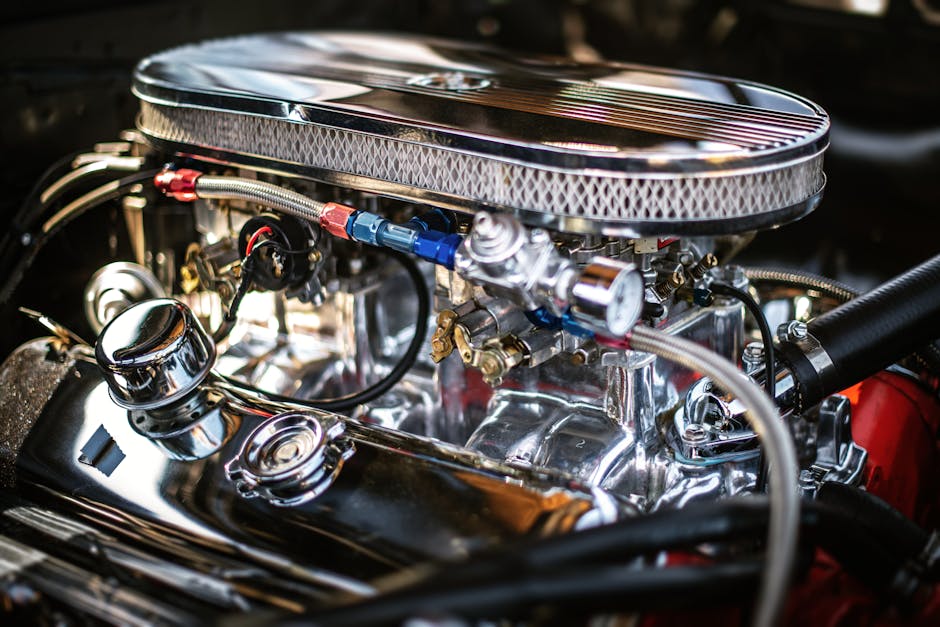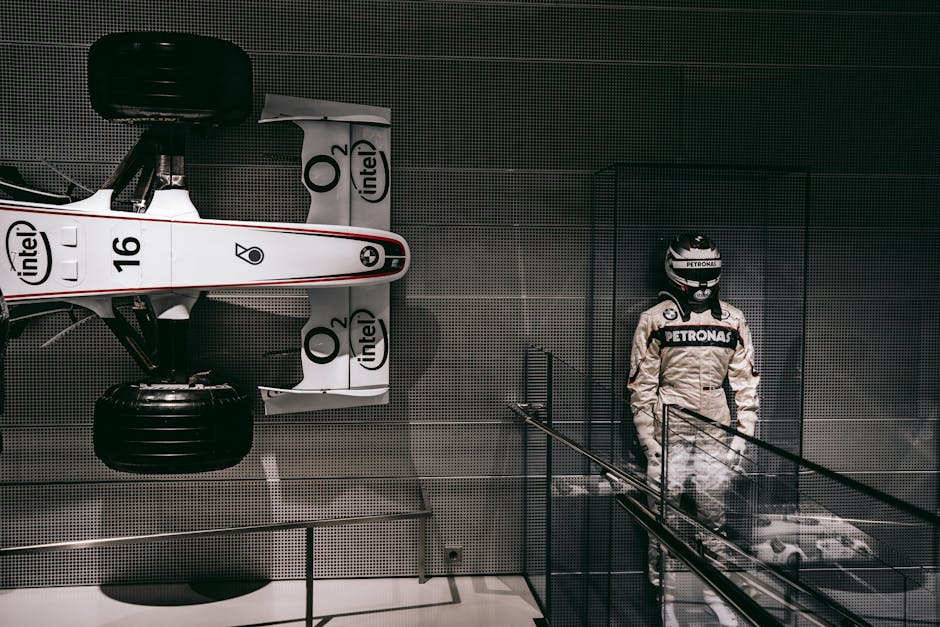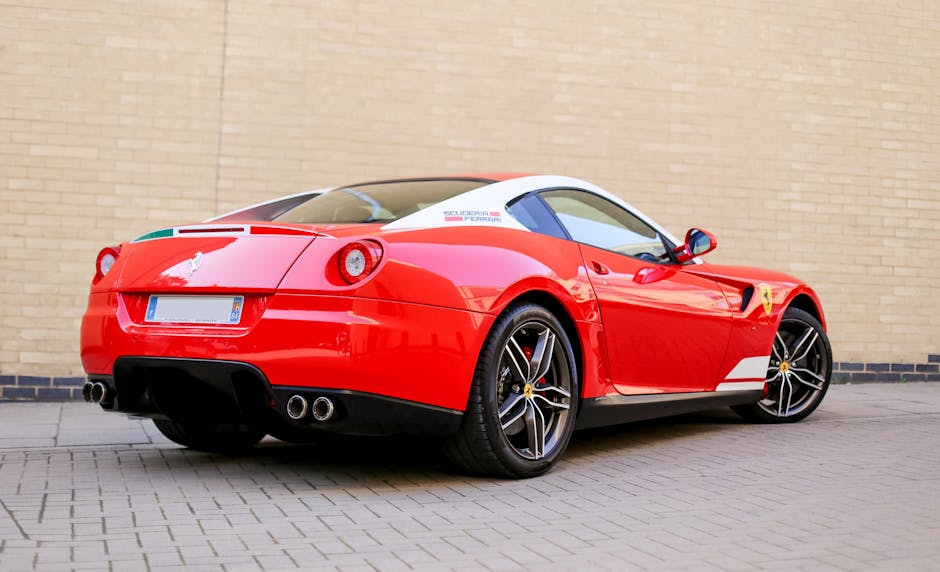Embracing Technology in Modern Classic Car Restoration
Classic cars hold a special place in the hearts of many enthusiasts. The sleek curves, the rumble of the engine, and the nostalgia they evoke are just a few reasons why classic cars continue to captivate us. However, as technology advances at a rapid pace, the world of classic car restoration is also evolving. Embracing technology in modern classic car restoration is not just a trend but a necessity to preserve these timeless treasures for generations to come.
The Intersection of Tradition and Innovation

When it comes to classic car restoration, there has always been a delicate balance between preserving the authenticity of the vehicle and incorporating modern advancements. Traditional methods of restoration often involved painstakingly sourcing original parts, hand-crafting components, and relying on age-old techniques.
However, with the advent of technology, restoration processes have become more efficient, precise, and accessible. From 3D printing to computer-aided design (CAD) software, modern tools have revolutionized the way classic cars are restored. These technologies not only streamline the restoration process but also ensure a higher level of accuracy and quality in the final result.
The Role of 3D Printing in Classic Car Restoration

One of the most significant advancements in modern classic car restoration is the use of 3D printing technology. 3D printing allows restoration experts to create precise replicas of rare or hard-to-find parts with ease. Instead of scouring junkyards or waiting for months for a custom part to be manufactured, 3D printing enables enthusiasts to produce components in a matter of hours.
Moreover, 3D printing offers a level of customization that was previously unimaginable. Whether it’s replicating a vintage dashboard knob or a complex engine component, 3D printing allows for endless possibilities in classic car restoration. This technology has not only made the restoration process more efficient but has also opened up new doors for creativity and innovation.
The Impact of Artificial Intelligence on Restoration Projects

Artificial intelligence (AI) is another technology that is making waves in the world of classic car restoration. AI-powered tools can analyze vast amounts of data, helping restoration experts identify the most suitable restoration techniques, predict potential issues, and even suggest design improvements.
For instance, AI algorithms can scan historical documents, photographs, and technical specifications to provide valuable insights into the original design of a classic car. This information can be invaluable when restoring a vehicle to its former glory, ensuring that every detail is accurate and authentic.
The Rise of Augmented Reality in Classic Car Restoration

Augmented reality (AR) is another technology that is revolutionizing the way classic cars are restored. By overlaying digital information onto the physical world, AR allows restoration experts to visualize the final outcome of a restoration project before any work is done.
With AR, enthusiasts can see how different paint colors would look on their classic car, experiment with various upholstery options, or even test different engine configurations. This technology not only saves time and resources but also allows for more informed decision-making throughout the restoration process.
Challenges and Controversies in Embracing Technology
While the integration of technology in classic car restoration has numerous benefits, it also comes with its fair share of challenges and controversies. One of the main concerns is the potential loss of craftsmanship and traditional skills that have been passed down through generations.
Some purists argue that relying too heavily on technology detracts from the authenticity and soul of a classic car. They believe that the human touch and attention to detail that come with traditional restoration methods are irreplaceable and essential to preserving the legacy of these vehicles.
Additionally, there are concerns about the long-term impact of using modern materials and technologies in classic cars. Will these components stand the test of time and retain their value as the years go by? These questions underscore the need for a balanced approach that combines the best of both worlds: tradition and innovation.
The Future of Classic Car Restoration
As technology continues to advance, the future of classic car restoration looks promising yet uncertain. While some enthusiasts embrace the opportunities that technology brings, others remain skeptical about the direction in which the industry is headed.
Ultimately, the key to successful classic car restoration lies in finding the right balance between tradition and innovation. By leveraging the benefits of technology while honoring the heritage and craftsmanship of classic cars, restoration experts can ensure that these timeless treasures continue to captivate and inspire for years to come.
To Wrap Things Up
Embracing technology in modern classic car restoration is not just a matter of convenience but a reflection of our commitment to preserving the past for future generations. By harnessing the power of 3D printing, artificial intelligence, augmented reality, and other cutting-edge technologies, restoration experts can breathe new life into classic cars while honoring their rich history.
As we look to the future, it is essential to approach classic car restoration with an open mind and a willingness to embrace the opportunities that technology offers. By striking a balance between tradition and innovation, we can ensure that these iconic vehicles continue to hold a special place in our hearts for years to come.




